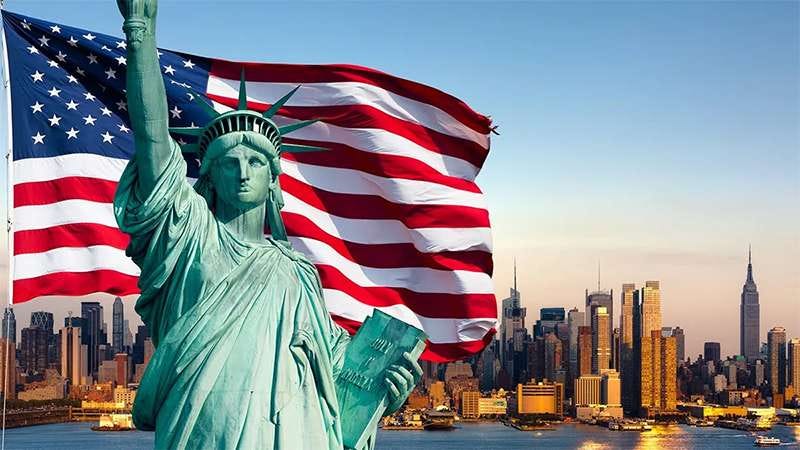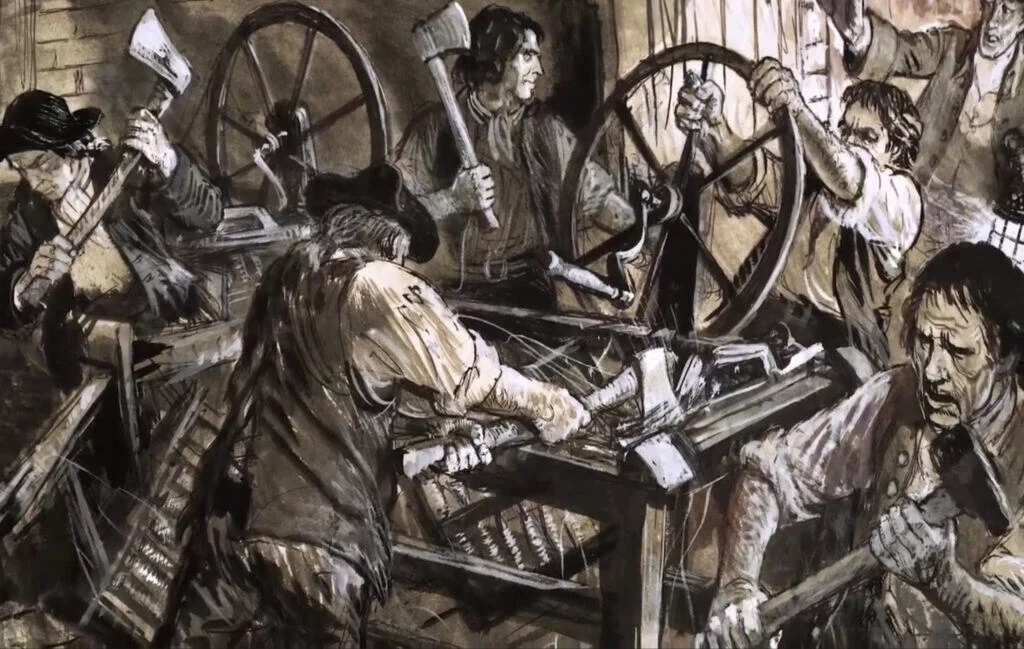zoomacademia.com – The history of the United States is a story of ambition, revolution, resilience, and transformation. From its origins as a collection of British colonies to its emergence as a global superpower, America’s journey has been shaped by diverse cultures, groundbreaking ideas, and the enduring quest for freedom and opportunity.
The Age of Exploration
The foundation of America began in the late 15th and early 16th centuries, when European explorers sought new trade routes and territories. Christopher Columbus’s 1492 voyage, though landing in the Caribbean, opened the door to European colonization of the Americas. Over the following decades, explorers such as Hernán Cortés and Jacques Cartier mapped and claimed vast territories for Spain, France, and other European powers.
The Colonial Era (1607–1776)
The first permanent English settlement in North America was established in Jamestown, Virginia, in 1607. Over the next century, 13 colonies grew along the Atlantic coast, each developing distinct economies and cultures. Colonists sought religious freedom, economic opportunity, and self-governance. However, British rule imposed heavy taxes and restrictive laws, leading to growing resentment among the colonists.
The American Revolution (1775–1783)
Frustration with British policies culminated in the American Revolution, a war for independence. The Declaration of Independence, written by Thomas Jefferson in 1776, proclaimed the colonies’ right to self-rule. With the support of allies like France, the Continental Army, led by George Washington, achieved victory. The Treaty of Paris in 1783 officially recognized the United States as an independent nation.
The Formation of a Nation (1783–1861)
The newly independent United States faced the challenge of building a unified government. The U.S. Constitution, ratified in 1788, created a federal system with checks and balances. The Bill of Rights guaranteed individual freedoms, setting a precedent for democratic governance.
During this period, the country expanded westward through the Louisiana Purchase (1803) and territorial acquisitions, fueled by the belief in Manifest Destiny. However, the expansion also deepened divisions over slavery, leading to rising tensions between the North and South.
The Civil War and Reconstruction (1861–1877)
The United States was torn apart by the Civil War, fought over issues of slavery, states’ rights, and national unity. Abraham Lincoln’s leadership during this time preserved the Union and led to the abolition of slavery through the Emancipation Proclamation and the 13th Amendment.
Reconstruction aimed to rebuild the South and integrate formerly enslaved people into society, but resistance and systemic racism persisted. Despite progress, it was a turbulent era of change and unresolved conflicts.
Industrialization and Global Emergence (1878–1945)
The late 19th and early 20th centuries saw the U.S. transform into an industrial powerhouse. Railroads, factories, and technological innovations like the telephone revolutionized the economy. Immigration brought millions seeking a better life, shaping the nation’s cultural fabric.
America’s involvement in World War I and its leadership in World War II marked its emergence as a global leader. The post-war era solidified its role as a defender of democracy and a proponent of international cooperation.
Modern America: Challenges and Achievements
The 20th century brought sweeping social and political changes. The civil rights movement, led by figures like Martin Luther King Jr., advanced racial equality. Economic growth, space exploration, and technological innovation defined the mid-century, while challenges like the Vietnam War and Watergate tested the nation’s resilience.
In recent decades, the U.S. has faced new challenges, from economic inequality to climate change, while continuing to lead in innovation and culture. Its history remains a dynamic tapestry of triumphs and struggles, embodying the ideals of liberty and the pursuit of happiness.
Conclusion
The making of America is a testament to human ambition and the enduring pursuit of justice and progress. Its story is not just one of a nation but of diverse peoples contributing to a shared dream. As the U.S. continues to evolve, its history serves as both a foundation and a guide for shaping its future.







